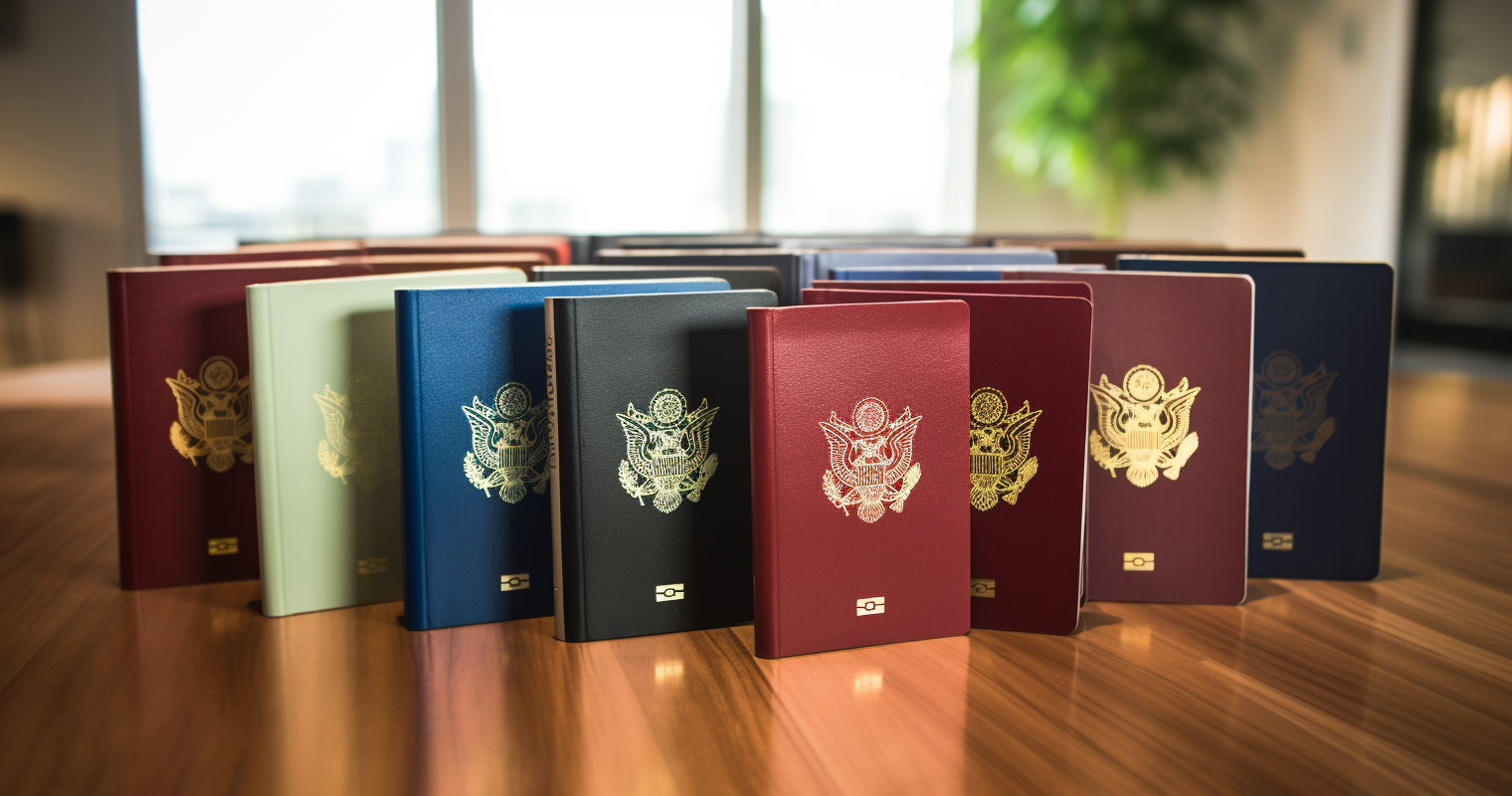Citizenship in Jordan is governed by the Jordanian Nationality Law. According to the law, there are four main categories of people who can apply for citizenship in Jordan:
Jordanian descent: Individuals who are of Jordanian descent may be eligible for citizenship. This includes individuals born to a Jordanian mother or father, or those who have Jordanian grandparents.
Naturalization: Foreign nationals who have lived in Jordan for at least 15 years and meet other eligibility requirements may be eligible to apply for citizenship through naturalization.
Marriage to a Jordanian: Foreigners who are married to a Jordanian citizen may be eligible to apply for citizenship after a certain period of time.
Investment: Foreigners who make significant investments in Jordan may be eligible for citizenship.
Process of Applying for Citizenship in Jordan
The process for applying for citizenship in Jordan varies depending on the category of eligibility.
Jordanian descent: Individuals who are of Jordanian descent may be eligible for automatic citizenship. They can apply for a Jordanian passport and other documents proving their citizenship.
Naturalization: Foreign nationals who wish to apply for citizenship through naturalization must meet certain eligibility requirements, including:
- having lived in Jordan for at least 15 years;
- being of good character and without a criminal record;
- having a reasonable knowledge of the Arabic language;
- being able to support themselves and their dependents without relying on public funds.
The application process involves submitting a variety of documents, including a birth certificate, passport, and proof of residency in Jordan. Applicants must also pass a security clearance and a medical examination.
Marriage to a Jordanian: Foreigners who are married to a Jordanian citizen may be eligible to apply for citizenship after a certain period of time. The period of time varies depending on the circumstances of the marriage, but is typically at least three years. The application process involves submitting a variety of documents, including a marriage certificate and proof of residency in Jordan.
Investment: Foreigners who make significant investments in Jordan may be eligible for citizenship. The exact amount of the investment required is not specified in the law, but is determined by the government on a case-by-case basis. The application process involves submitting proof of the investment, as well as other documents required for naturalization.
Advantages of Being Granted Citizenship in Jorda
There are several advantages to being granted citizenship in Jordan. These include:
Right to vote: Citizens of Jordan have the right to vote in national elections and have a say in the political future of the country.
Right to work: Citizens of Jordan have the right to work in the country without needing a work permit.
Access to public services: Citizens of Jordan have access to public services, such as healthcare and education, without needing a visa or residency permit.
Ease of travel: Citizens of Jordan can travel freely in and out of the country without needing a visa or other travel documents.
Rules Surrounding Dual Citizenship in Jordan
Jordan generally does not recognize dual citizenship, but there are some exceptions. The law allows for dual citizenship in the following circumstances:
Children: Children who are born to a Jordanian parent and a parent of a foreign nationality may be eligible for dual citizenship.
Marriage to a Jordanian: Foreigners who are married to a Jordanian citizen and who acquire Jordanian citizenship as a result may be able to keep their original citizenship.
Special circumstances: The government has the discretion to grant exceptions for individuals who have special circumstances that would make renouncing their original citizenship a hardship.

